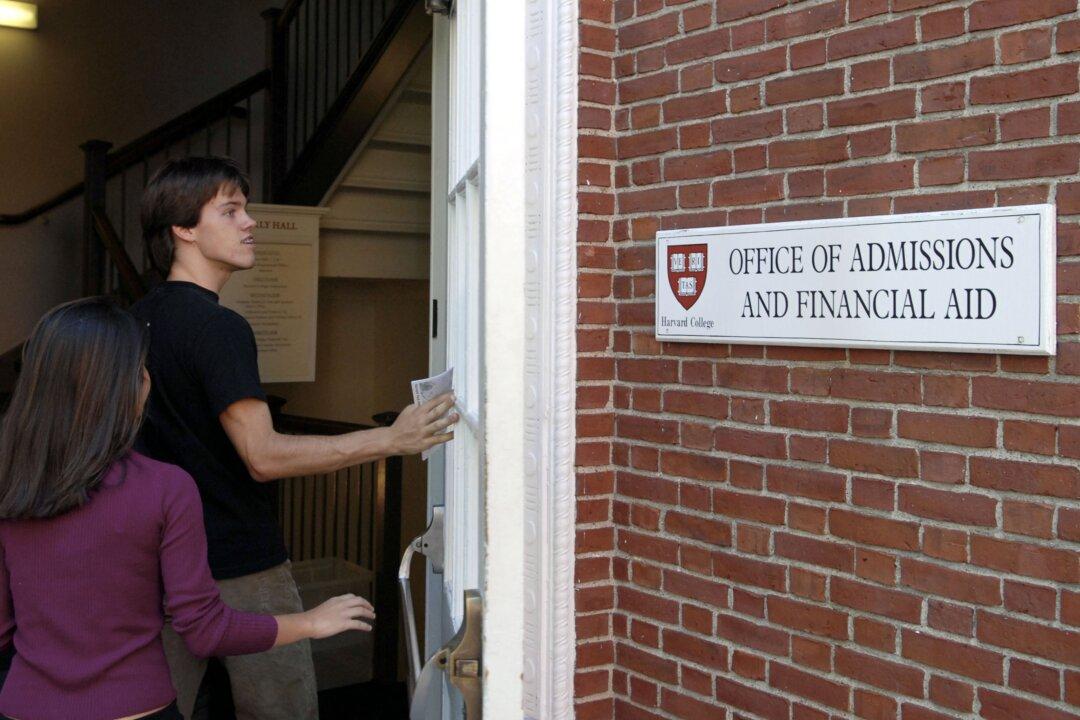Harvard University is asking the Supreme Court to not take a discrimination case brought against the Ivy League school over its admissions policy, which takes race into account.
The case was first raised in 2014 by advocacy group Students for Fair Admissions (SFFA), on behalf of a coalition of students who claimed to have been rejected from Harvard because of their Asian ancestry—a violation of Title VI, the federal law prohibiting racial discrimination in education programs that receive federal funding.





